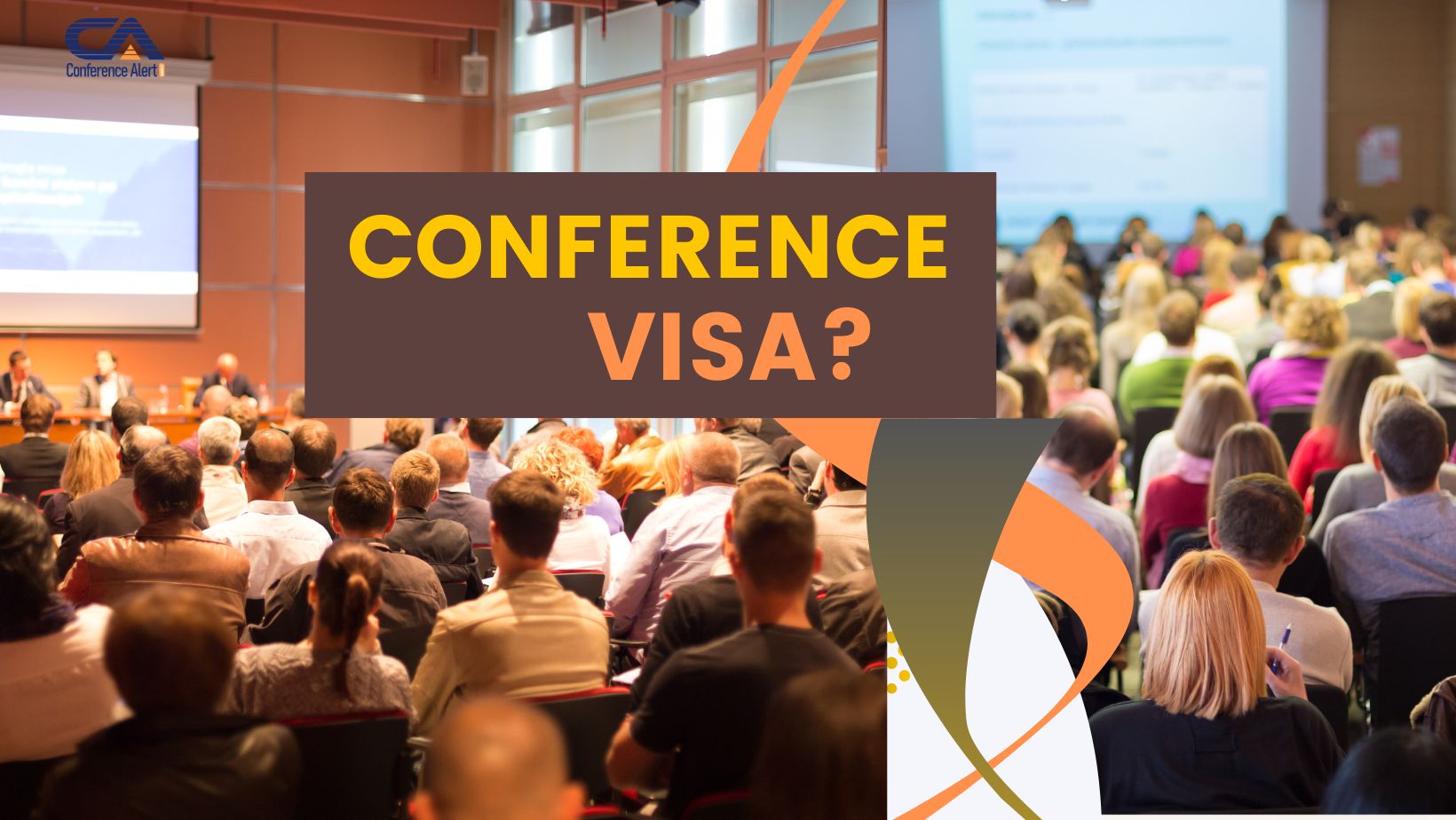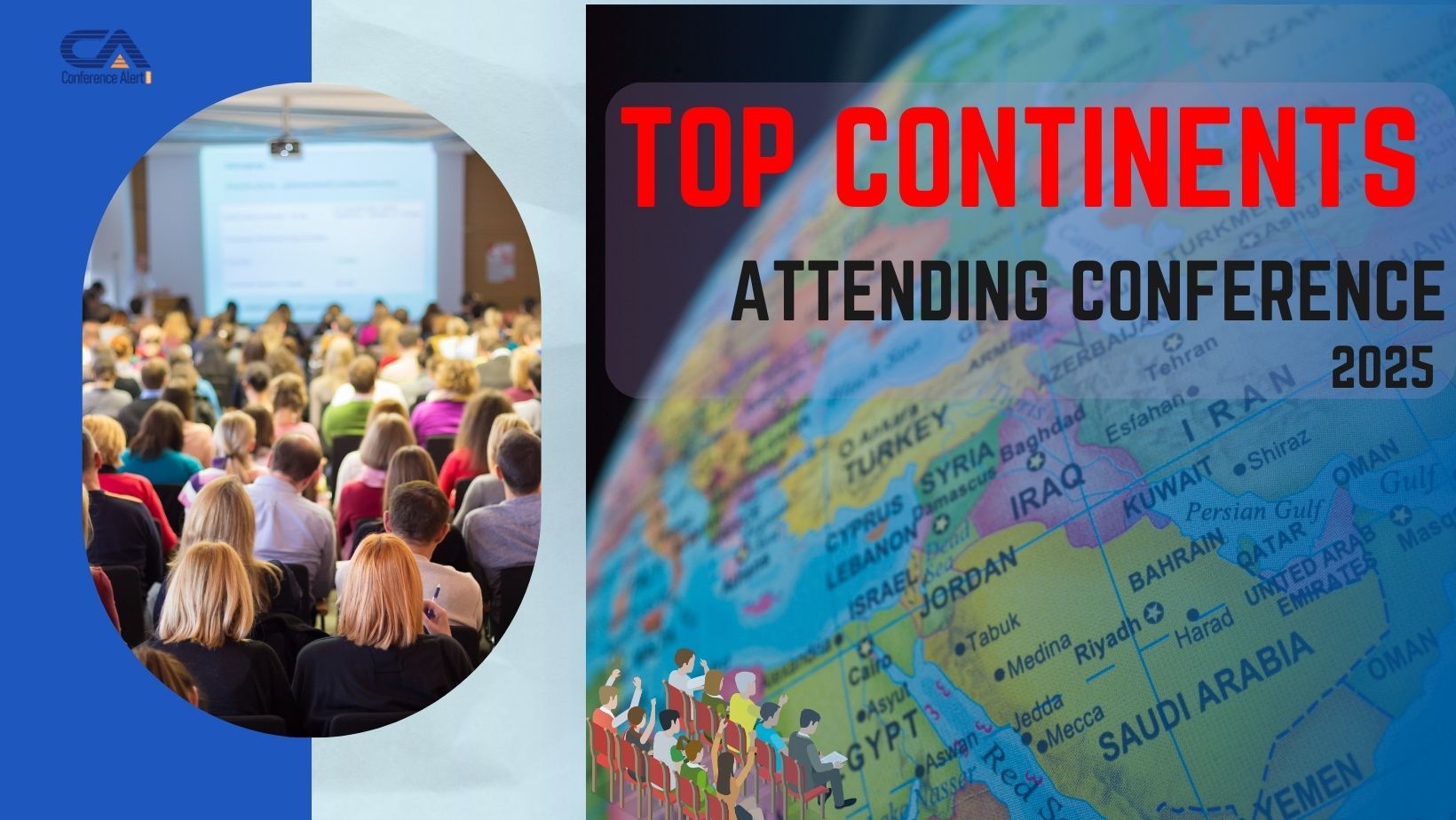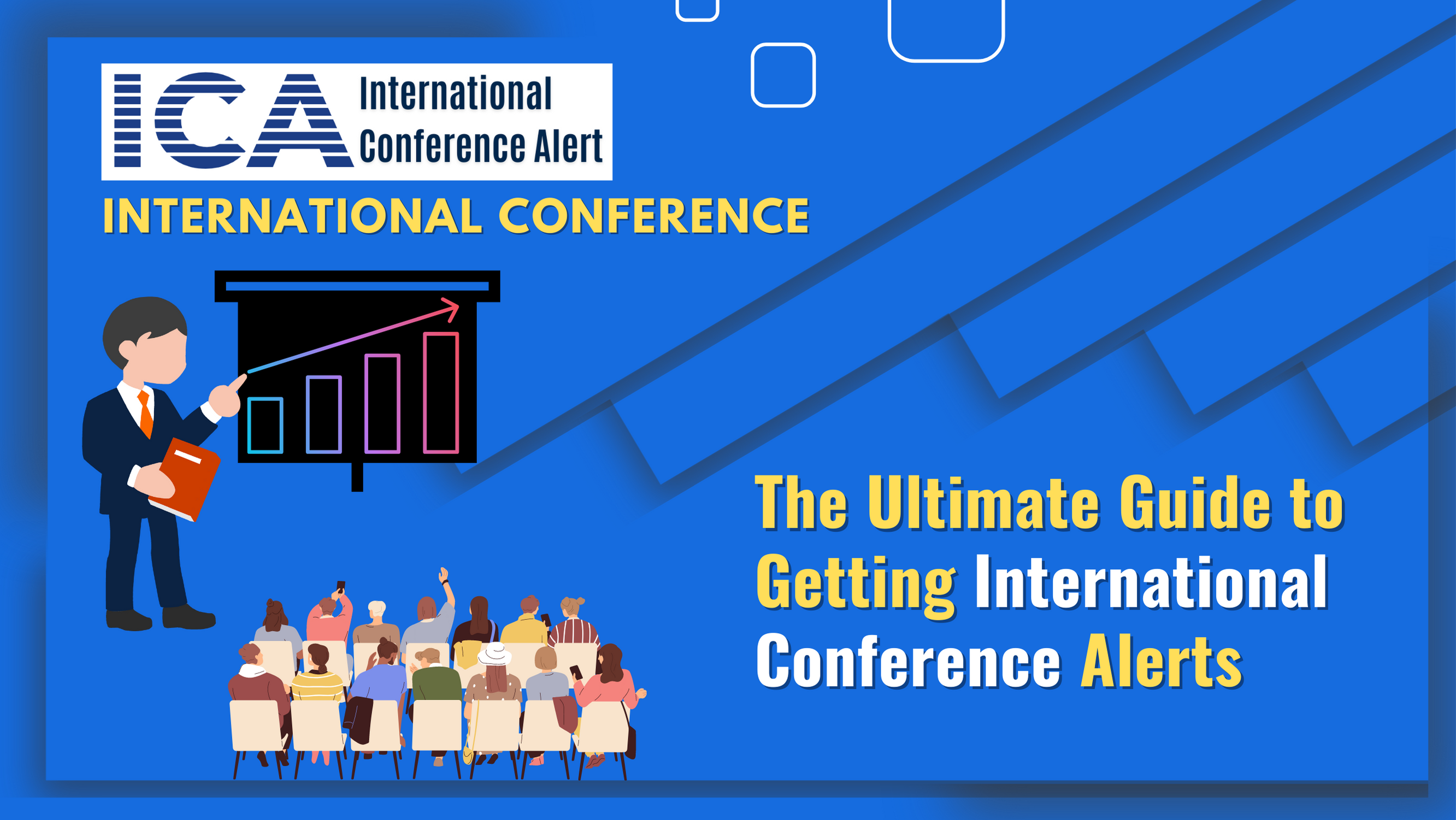Applying for a Conference Visa can be essential for individuals planning to attend academic, business, or professional conferences in a foreign country. Visa category is specifically designed to allow participants to enter a country temporarily for the purpose of attending conferences, seminars, or workshops. Process for obtaining a conference visa can vary depending on the host country’s regulations, but it generally involves submitting an application, providing documentation, and attending a visa interview. Understanding the procedure for acquiring a conference visa is crucial for ensuring a smooth and successful travel experience. Steps involved in applying for a conference visa, from gathering required documents to completing the application process.
Attending a conference, seminar, or workshop in a foreign country is a valuable opportunity for networking, learning, and sharing knowledge. Participate in such events abroad, many travelers will require a Conference Visa.
Why Attend and What is a Conference Visa?
Conference Visa is a special type of visa that permits the holder to attend conferences, seminars, workshops, and similar events in a foreign country. Standard tourist or business visas, a conference visa is specifically designed for individuals who are visiting a country to participate in a professional gathering, such as academic conferences, industry-specific events, or international symposiums.
Why Attend Conferences?
- Networking Opportunities: Conferences offer a unique chance to meet peers, industry experts, and potential collaborators.
- Knowledge Exchange: Conferences are hubs of knowledge where participants can share the latest research, innovations, and trends in their field. It’s a great way to stay updated with industry developments.
- Professional Growth: Presenting your work or simply attending a conference can boost your resume, making you more appealing to employers and other institutions.
How to Find Information on Conference Visas
Finding information on conference visas requires researching the specific visa regulations of the country where the conference will take place.
- Visit the Embassy or Consulate Website: The official website of the embassy or consulate of the country you plan to visit is the most reliable source for visa information. It will detail the visa requirements, application process, and any specific forms you need to fill out.
- Contact the Conference Organizers: If you have questions about obtaining a visa, contact the conference coordinators. Provide guidance, including necessary documentation like an invitation letter, which is often required for visa applications.
- Online Travel and Visa Services: Various online platforms provide guidance on visa requirements and offer visa application services. They can help you understand the documents needed, processing times, and costs involved.
Benefits of a Conference Visa
A Conference Visa offers several advantages for those looking to attend international conferences:
- Facilitates Access to International Knowledge: Obtaining a conference visa, you gain the opportunity to attend global events, expanding your knowledge base and gaining exposure to international perspectives in your field.
- Streamlined Documentation Process: A conference visa typically requires specific documentation, such as an invitation letter from the conference organizers, which can make the approval process faster and more focused compared to a general visa application.
- Extended Validity for Event-Related Activities: Some conference visas allow you to stay in the country for a few extra days before or after the event, providing time for networking, sightseeing, or other professional meetings.
Do I Need a Visa to Attend a Conference?
Whether or not you need a visa to attend a conference depends on several factors:
1. Your Nationality: Some nationalities enjoy visa-free access or visa-on-arrival privileges in certain countries. However, if you do not fall under this category, you will likely need to apply for a conference visa.
2. Conference Location: Each country has its own visa requirements for international travelers. It’s important to check the specific requirements for the country where the conference will be held.
3. Duration of Stay: If the conference lasts for only a few days and you already hold a visa (such as a tourist visa) that allows entry, you may not need a separate conference visa. However, it’s always best to check the regulations to avoid issues at the border.
4. Purpose of Visit: Even if your stay is short, a conference visa might be required if the primary purpose of your visit is to attend a conference, especially if you plan to give a presentation or engage in official meetings.
What are the Requirements for a Conference Visa?
While the exact requirements can vary depending on the country, here are some common documents and steps needed for a conference visa application:
1. Completed Visa Application Form: Most embassies provide a form that needs to be filled out online or on paper. This form collects personal details, the purpose of the visit, and travel plans.
2. Passport: A valid passport with at least six months of validity from the date of travel is required. It should have blank pages for visa stamps.
3. Invitation Letter from the Conference Organizers: Letter is crucial as it serves as proof of your reason for traveling. It should include the conference details, dates, venue, and the role you will play (attendee, speaker, etc.).
4. Proof of Accommodation: You will need to provide details of where you will be staying during your trip, such as a hotel reservation or a letter of accommodation from the conference organizers.
5. Travel Itinerary: Trip flight bookings and other travel plans within the host country.
6. Proof of Sufficient Funds: Applicants must show that they have enough funds to cover their stay during the conference, such as bank statements or sponsorship letters.
7. Visa Fee Payment: The visa application often involves a fee, which varies depending on the country.
8. Passport-Sized Photographs: Generally, two or more recent passport-sized photos are required as per the embassy’s specifications.
Who Can Apply For & Obtain a Conference Visa?
A Conference Visa can be applied for by individuals who:
1. Are Invited to Attend: Anyone who has received an official invitation from a recognized conference organizer in the host country can apply.
2. Are Presenters or Speakers: Those who have been selected to present papers, give talks, or conduct workshops at the conference are eligible.
3. Researchers and Academics: Academics attending international symposiums, workshops, or research-related conferences often need a conference visa.
4. Professionals Attending Industry Events: Business professionals attending industry-specific events, such as marketing conferences or tech symposiums, also qualify.
What If Your Application for a Conference Visa Gets Rejected?
A visa rejection can be frustrating, but it’s not the end of your conference participation plans. Here’s what you can do if your conference visa application is rejected:
- Understand the Reason for Rejection: The embassy or consulate usually provides a reason for visa denial. It could be due to incomplete documentation, insufficient proof of funds, or concerns about the purpose of your visit.
- Rectify the Issue and Reapply: If the reason for rejection is fixable, such as missing documents or errors in your application, make the necessary corrections and reapply.
- Seek Guidance from Conference Organizers: Sometimes, conference organizers can provide additional documentation or clarification letters that may strengthen your reapplication.
- Consult with a Visa Specialist: Visa application services and consultants can provide advice on how to address the issues that led to rejection, increasing your chances of success in a subsequent application.
- Consider Alternative Routes: If your conference visa is rejected, you might explore other visa types, such as a tourist visa, if the conference permits attendance under that category.
Attending international conferences can be a crucial step for professional development, knowledge sharing, and global networking. A Conference Visa ensures that you can legally attend these events abroad, but obtaining it requires careful preparation and understanding of the application process. From gathering necessary documentation like an invitation letter and travel itinerary to being prepared for visa interviews, every step is important for a successful application.




